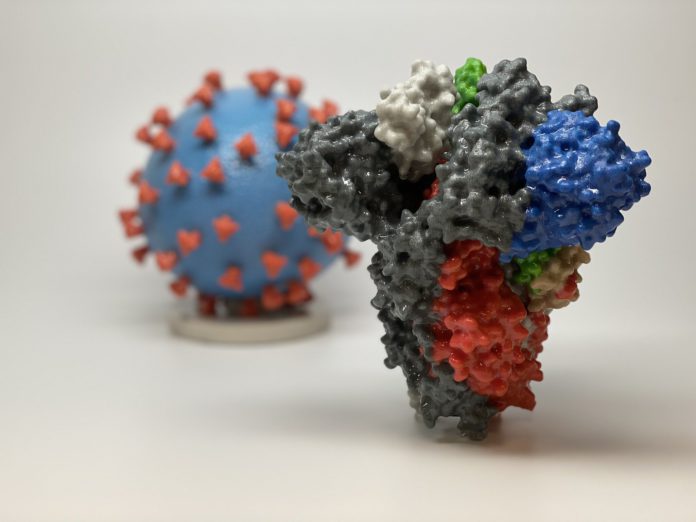- In late December of last year, South Africa announced the discovery of a new mutated strain of the novel coronavirus.
- According to experts, the new variant is 50% more contagious than the previous strain.
- Now, preliminary research has found evidence of the virus evading antibodies; therefore, posing a risk of reinfections.
With over 1.3 million cases, South Africa has the highest number of infections in the continent. The country’s health ministry has blamed much of the second wave on a new mutated strain of the virus, called 510Y.V2. Since its discovery in December of last year, the South African Variant has tremendously tested the country’s health system. Although there is no evidence of the variant causing a more severe infection, experts suggest it is 50% more contagious than the previous strain.
Moreover, a recent study has found evidence of the South African variant evading neutralizing antibodies. Thus, posing a risk of reinfections in people who’ve previously caught the infection. The study is currently undergoing peer review but is available online on the preprint server bioRxiv.
South African Variant Evades Antibodies
The United Kingdom, Brazil, and South Africa have all detected new variants of the novel coronavirus. While all three possess some similarities, one specific spike protein mutation is unique to Brazil and the South African variant. That is the E484K mutation. It allows the virus to attach more tightly to cells and resist antibodies. Therefore, researchers aimed to observe whether the mutation allows cells to evade antibodies formed in response to infections with other variants.
Scientists at the National Institute for Communicable Diseases of South Africa collected antibody-rich plasma from 44 people who had recovered from COVID-19. They then exposed the plasma to the South African variant. As a result, antibodies in only half of the sample neutralized the virus; in a very weak response. Whereas the other half showed no response. Moreover, the variant showed resistance against three types of monoclonal antibodies.
The blood samples from half the people we tested showed that all neutralizing activity was lost. This suggests that they may no longer be protected from re-infection. In the other half, the levels of antibodies were reduced and so the risk of re-infection is not known.
National Institute For Communicable Diseases Of South Africa
Thus, results from the study provide evidence for the variant’s ability to cause reinfections. Specifically, in individuals who have had infections with other strains of the virus.
Will the Vaccines Work?
At the moment, the real concern facing scientists is whether or not the current vaccines are effective against the coronavirus variants.
A recent preprint study by Pfizer showed that the vaccine was effective against the new strains. However, it is important to note that this particular study failed to test for the E484K mutation. Which is responsible for the South African variant’s ability to evade antibodies.
Vaccine antibodies are different and may or may not be impacted. We have no empirical evidence yet on whether vaccines are effective against the 501Y.V2 variant. Studies are underway.
Professor Salim Abdool Karim, co-chair of the South African Ministerial Advisory Committee on Covid-19
Despite the mutating ability of the virus, scientists believe it does not pose a risk to vaccine efficacy. Unlike the flu virus, novel coronavirus mutates at a much slower speed. Furthermore, the use of mRNA technology allows quick modifications to the vaccine if necessary.
Reference:
Moore P, et al. SARS-CoV-2 501Y.V2 escapes neutralization by South African COVID-19 donor plasma. bioRxiv, 2020. doi: https://doi.org/10.1101/2021.01.18.427166,




